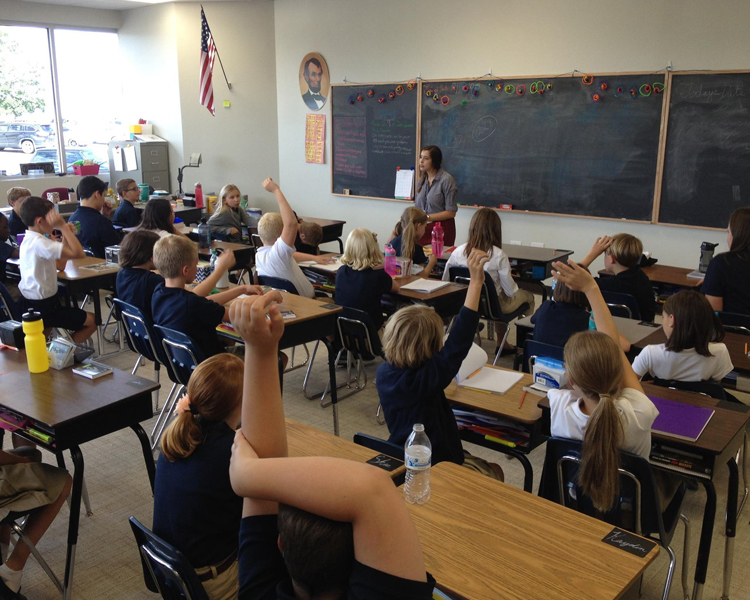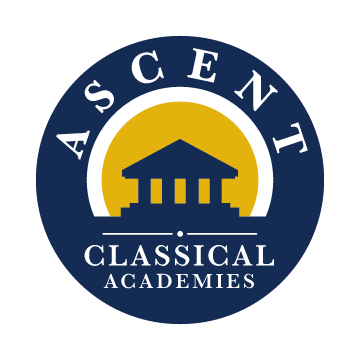Latin, Dead or Alive

Thomas Jefferson, in proposing a course of study for the state of Virginia, wrote this of Latin:
I thank on my knees, him who directed my early education, for having put into my possession this rich source of delight, and I would not exchange it for anything which I could then have acquired, & have not since acquired.”
It is of course rare to find a student who, at least at first, calls Latin a delight. Anyone who has ever plodded through their first declension tables will not readily agree with Mr. Jefferson. But practice breeds habits, and habits delight. At first, students think they “have” to take Latin, and do so grudgingly. In the end, though, most or many appreciate its deep and abiding importance for their education, and come to see that they “get” to take Latin.
Still, aren’t there more useful or practical languages with which to equip our children, especially in the era of globalization? When would one ever speak Latin? At Ascent Classical™ Academy, our students get to take Latin for at least three reasons: to improve their awareness and appreciation of English, to develop habits of precision and beauty in writing, and to open them to the rich tradition of thought and writing in the West.
No other language can rival Latin in these respects.
It is good to focus on that last point – that Latin opens students to western civilization like no other. It has one of the deepest and richest literary traditions of western languages, and was the most dominant language throughout the western world for nearly two millennia. To study Latin is therefore to plumb the foundations of all those ideas and stories that helped build the West. The American Founders were steeped in Latin literature, history, and philosophy, not because they desired to speak it amongst themselves but because, simply, many of the greatest works in literature, history, and philosophy were in Latin.
Knowing just how peculiar and pleasant Shakespeare’s English is shows us how much must be lost in any translation. We must also recognize that in reading translations, even beautiful ones, we will miss something of the original vivacity and nerve. Through the study of Latin, therefore, students are able to recover some of the greatest books, and make them their own.
Students at Ascent Classical will begin to study Latin and Greek roots in 3rd grade, as a natural extension of our early elementary phonics program. In the 6th grade students will begin the formal study of Latin using Wheelock’s Latin, recognized as one of the most complete and rigorous courses of study available. Ascent Classical students will complete 4 years of Latin between 6th and 9th grade. Students enrolled in 9th and 10th grade this year will complete their Latin in 3 years. In the end, all will have a better grasp of English, stronger habits of precision, and a richer experience of the West’s great tradition.
Though we cannot expect that students will grow to thank us on their knees, perhaps some of Thomas Jefferson’s enthusiasm will find its way into their studies, and they will learn the Latin and its influence never died.
-Robert Garrow
